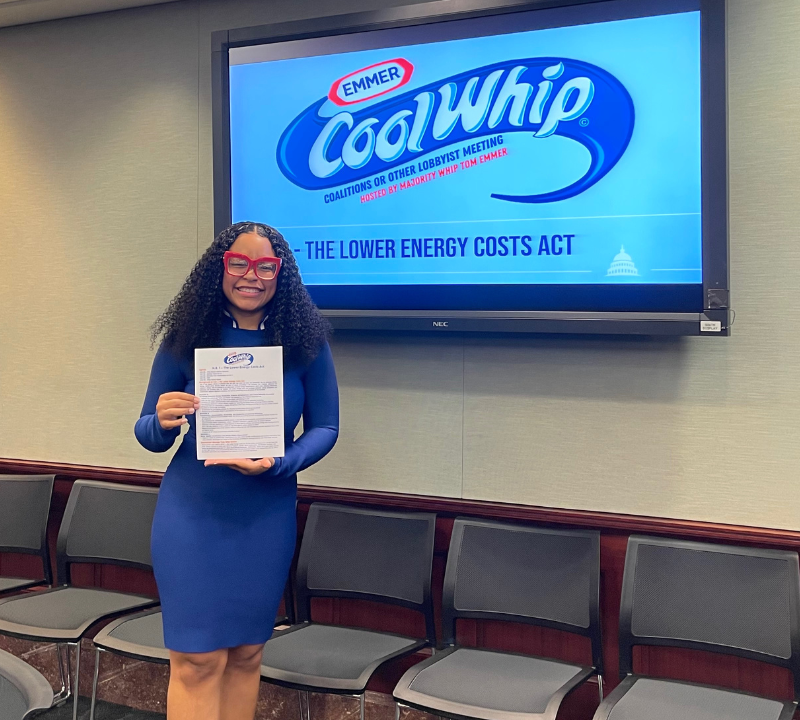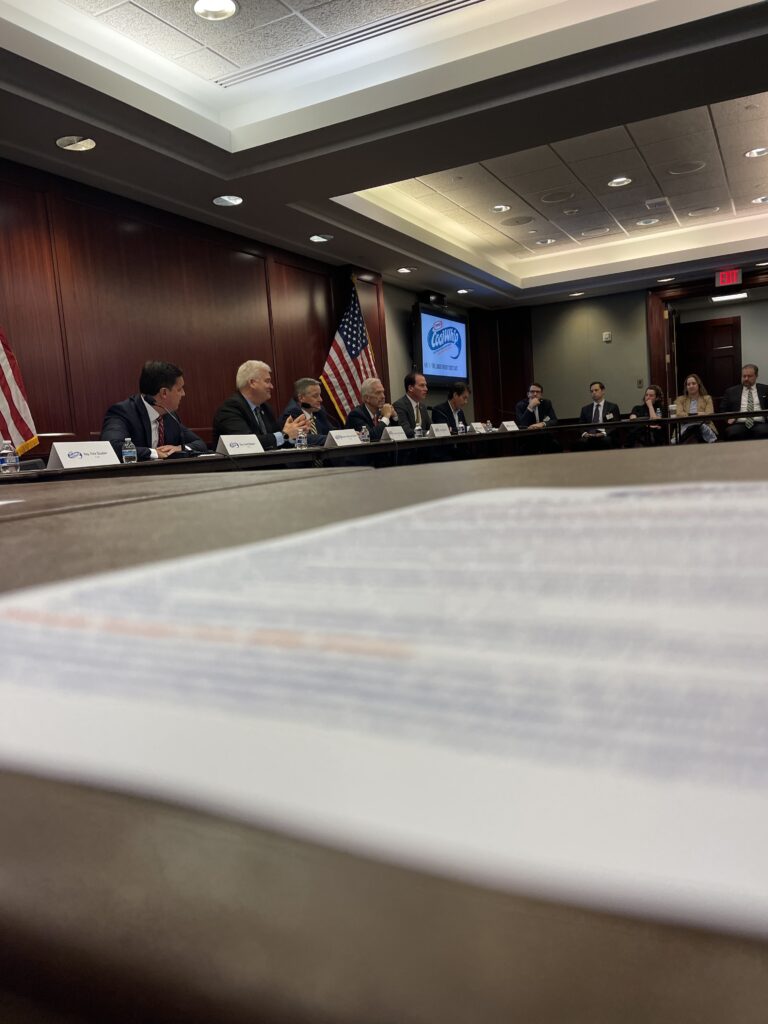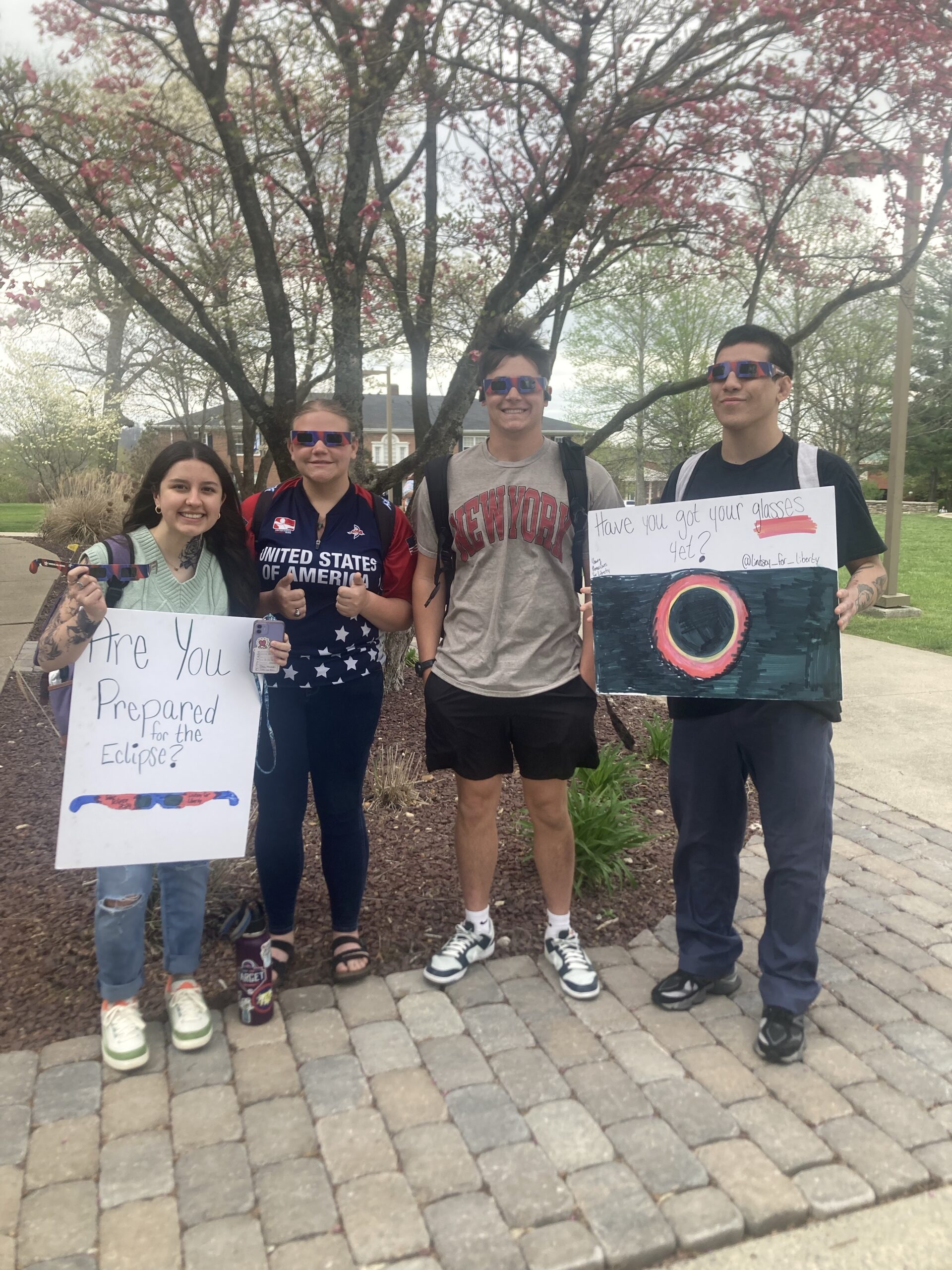CFACT policy analyst and Collegians activist Shakira Jackson was invited to attend a Whip meeting on Capitol Hill discussing H.R. 1, the Lower Energy Costs Act, to learn more about the issues.
Jackson laid out feedback and a summary of the meeting in the following notes here:
Background on H.R. 1, the Lower Energy Costs Act:
One of the biggest drivers of inflation over the past two years has been the Democrats’ war on American energy.
Energy market prices directly impact the price of nearly everything in our economy. H.R. 1 directly addresses our country’s energy crisis by putting us on a path back towards energy independence, and in turn, reducing inflationary pressures and lowering costs for families. The Lower Energy Costs Act increases domestic energy production and exportation, reduces regulatory burdens, and reforms permitting across all sectors of the economy.
DIVISON A:
Increasing American Energy Production, Exports, Infrastructure, and Critical Minerals Processing
- Repeals the natural gas “heat your home” tax imposed by the Inflation Reduction Act
- Cuts red tape surrounding the natural gas export permitting process
- Prohibits the Biden administration from instituting a federal ban on hydraulic fracturing
- Strengthens America’s critical mineral supply by requiring the Department of Energy (DOE) to identify resources that are vulnerable to supply disruptions while also cutting permitting red tape for critical mineral facilities to encourage innovation
- Streamlines the permitting process for America to build more natural gas pipelines
- Disapproves of President Biden’s cancellation of the Keystone XL pipeline
DIVISON B:
Transparency, Accountability, Permitting, and Production of American Resources
- Reforms the National Environmental Policy Act (NEPA) permitting process to streamline federal reviews for all industries
- Sets deadlines for completion of NEPA review at one year for environmental assessments and two years for environmental impact statements, unless a deadline extension is agreed to by the project sponsor
- Imposes a 120-day deadline on filing litigation on final agency actions concerning energy and mining projects, and a 120-day deadline to file a claim on any final agency action subject to NEPA
- Requires the Department of the Interior (DOI) to follow the law and immediately resume quarterly lease sales on federal lands
- Protects all off-shore moratoriums currently in place
DIVISON C:
Water Quality Certification and Energy Project Improvement
• Requires states to publish clear requirements for their water quality certifications and clarifies that states may only consider discharges as a result of the Federally permitted or licensed activity, not from other sources.




